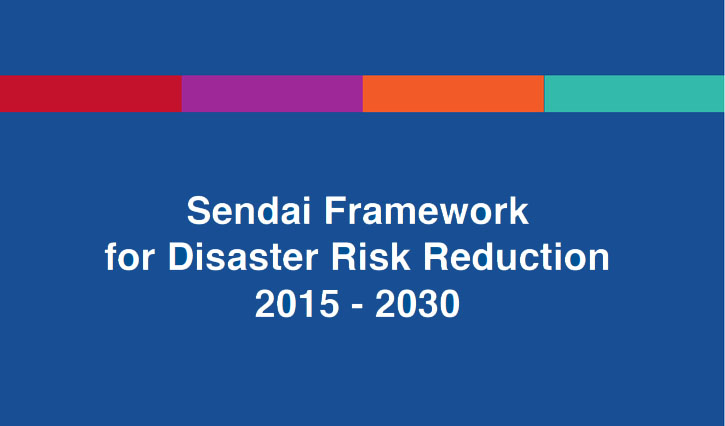The Center hosted a number of significant events within the Regional Forum-Meeting of the Heads of Emergency Authorities of Central Asian countries
On 9 November 2023 the fourteenth meeting of the Council of the Center for Emergency Situations and Disaster Risk Reduction, chaired by the Kazakh side, was held at the Center. The meeting was attended by the Minister for Emergency Situations of the Republic of Kazakhstan Syrym Sharipkhanov, First Deputy Minister of Emergency Situations of the Kyrgyz Republic Azamat Mambetov.
At the meeting, the results of the Center's work for 2023 and priority activities for 2024 were presented to the Council members, and progress information on the Center’s implementation of projects in civil protection, adaptation to climate change and emergency situations in the countries of Central Asia was provided. The Council both approved a budget report for 2023 and the budget for 2024, and personnel issues were considered.
The effectiveness of the Center in Central Asia in disaster risk reduction was acknowledged by the heads of emergency authorities.
On the same day, a meeting of the Working Group (experts) of the Regional Forum-Meeting of the Heads of Emergency Authorities of Central Asian countries was held at the Center.
Experts from Central Asian countries discussed and agreed on draft documents proposed for discussion at the upcoming Regional Forum-Meeting of Heads of Emergency authorities of Central Asian countries:
- Report on the progress of the Action Plan (Road Map) for the implementation of the Strategy for the Development of Cooperation of Central Asian countries in Disaster Risk Reduction for 2023-2024.
- Measures to create a Regional Early Warning System and mutual information about the threats and occurrence of emergency situations.
- Draft Appeal from the Heads of emergency authorities of Central Asian countries to the UN Secretary-General Antonio Guterres on creating a Regional Early Warning System and mutual information about the threats and occurrence of transboundary emergencies.
- Draft Concept for creating a Digital Atlas of natural and man-made transboundary hazards in Central Asian countries using the example of the platform being developed “Digital Safety Passport and Interactive Map - Digital Atlas of Risks in the Republic of Kazakhstan.
- Measures to implement the regulation “On the Regional coordination mechanism for emergency response.”
These documents were developed taking into account proposals from emergency authorities of Central Asian countries and are aimed at further developing regional cooperation in disaster risk reduction and strengthening preparedness to respond to emergency situations, especially of a transboundary nature, and also provide for raising public awareness of all types of transboundary threats.
Also, on November 9 of this year, within the framework of the UNDRR project “Subregional Implementation of the Sendai Framework in Central Asia” to achieve the Global Targets defined by the Sendai Program for DRR for 2015-2030, instructional and methodological training was held on monitoring the implementation of the Sendai Framework on DRR for 2015-2030 for representatives of government agencies of Central Asian countries. The results of the implementation of the monitoring system indicators and submission of national reports were summed up, and the achieved results were noted.
The participants expressed gratitude to the UN Office for Disaster Risk Reduction, Deutsche Gesellschaft für Internationale Zusammenarbeit (GIZ), and the UN Development Program for their support in conducting these events.
























